It's difficult to believe that people are still starving in this country because food isn't available
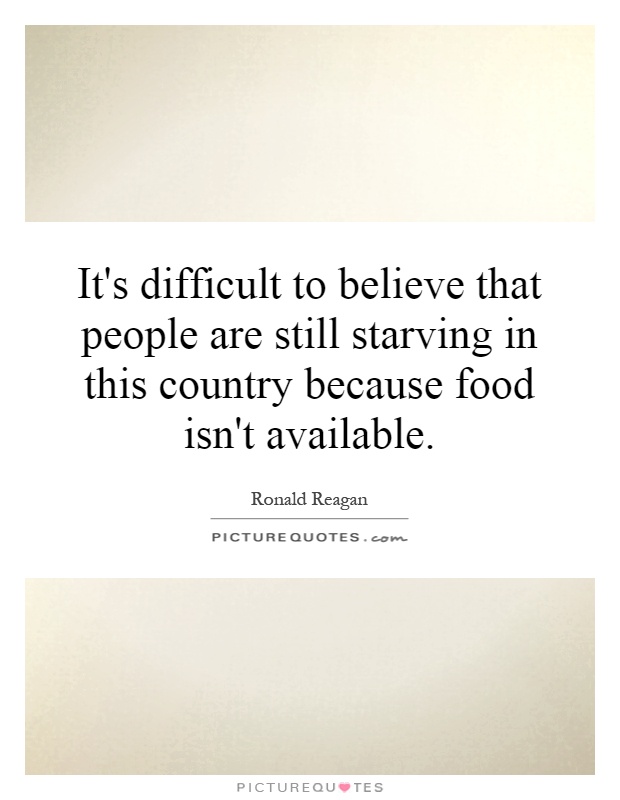
It's difficult to believe that people are still starving in this country because food isn't available
During Ronald Reagan's presidency in the 1980s, the issue of hunger and food insecurity in the United States was a pressing concern. Despite being one of the wealthiest nations in the world, there were still millions of Americans who struggled to access an adequate and nutritious diet. Reagan's policies and beliefs on poverty and hunger have been a subject of debate and criticism, with some arguing that his administration exacerbated the issue while others defend his approach.Reagan's economic policies, often referred to as "Reaganomics," focused on reducing government intervention in the economy and promoting free-market principles. While these policies were successful in stimulating economic growth and reducing inflation, they also led to cuts in social welfare programs that provided assistance to low-income individuals and families. This resulted in an increase in poverty and food insecurity, particularly among marginalized communities.
One of Reagan's most controversial decisions was to cut funding for the Supplemental Nutrition Assistance Program (SNAP), formerly known as food stamps. This program provided vital assistance to millions of Americans struggling to afford an adequate diet. By reducing funding for SNAP, Reagan made it even more difficult for low-income individuals and families to access the food they needed to survive.
Reagan's rhetoric on poverty and hunger also drew criticism. He famously stated, "It's difficult to believe that people are still starving in this country because food isn't available." This statement was seen as dismissive and out of touch with the reality of food insecurity in America. Many argued that Reagan's lack of empathy and understanding of the root causes of hunger contributed to his administration's inadequate response to the issue.
Despite these criticisms, Reagan's supporters argue that his policies ultimately led to economic growth and job creation, which they believe is the most effective way to combat poverty and hunger in the long term. They also point to Reagan's support for charitable organizations and community-based initiatives as evidence of his commitment to addressing hunger and poverty.
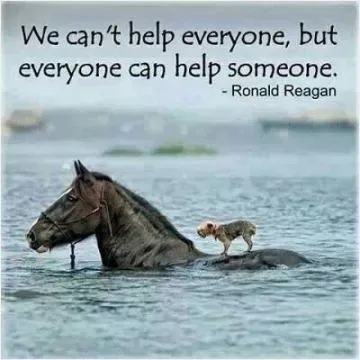

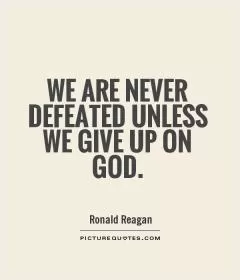
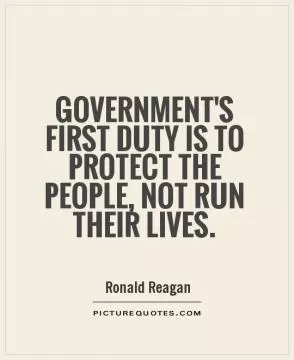
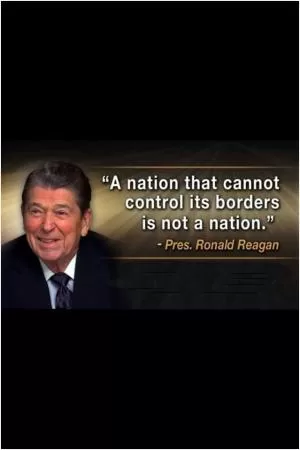
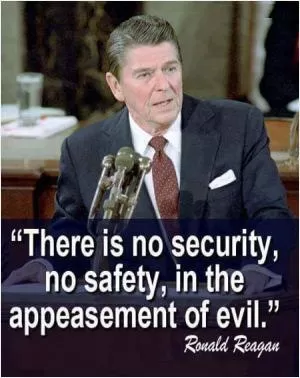
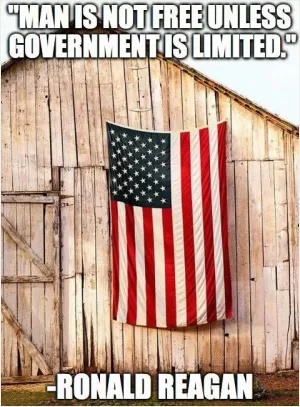
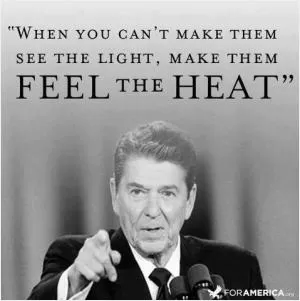
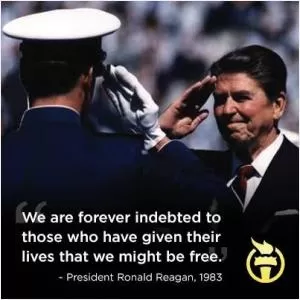
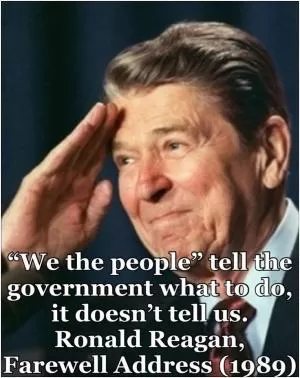
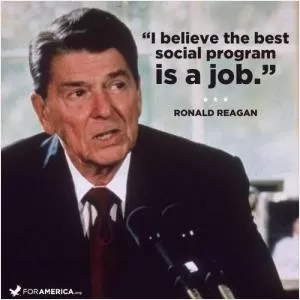
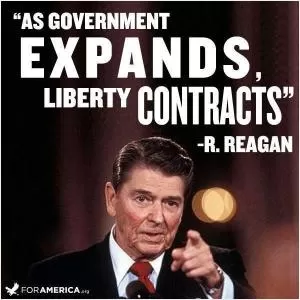
 Friendship Quotes
Friendship Quotes Love Quotes
Love Quotes Life Quotes
Life Quotes Funny Quotes
Funny Quotes Motivational Quotes
Motivational Quotes Inspirational Quotes
Inspirational Quotes